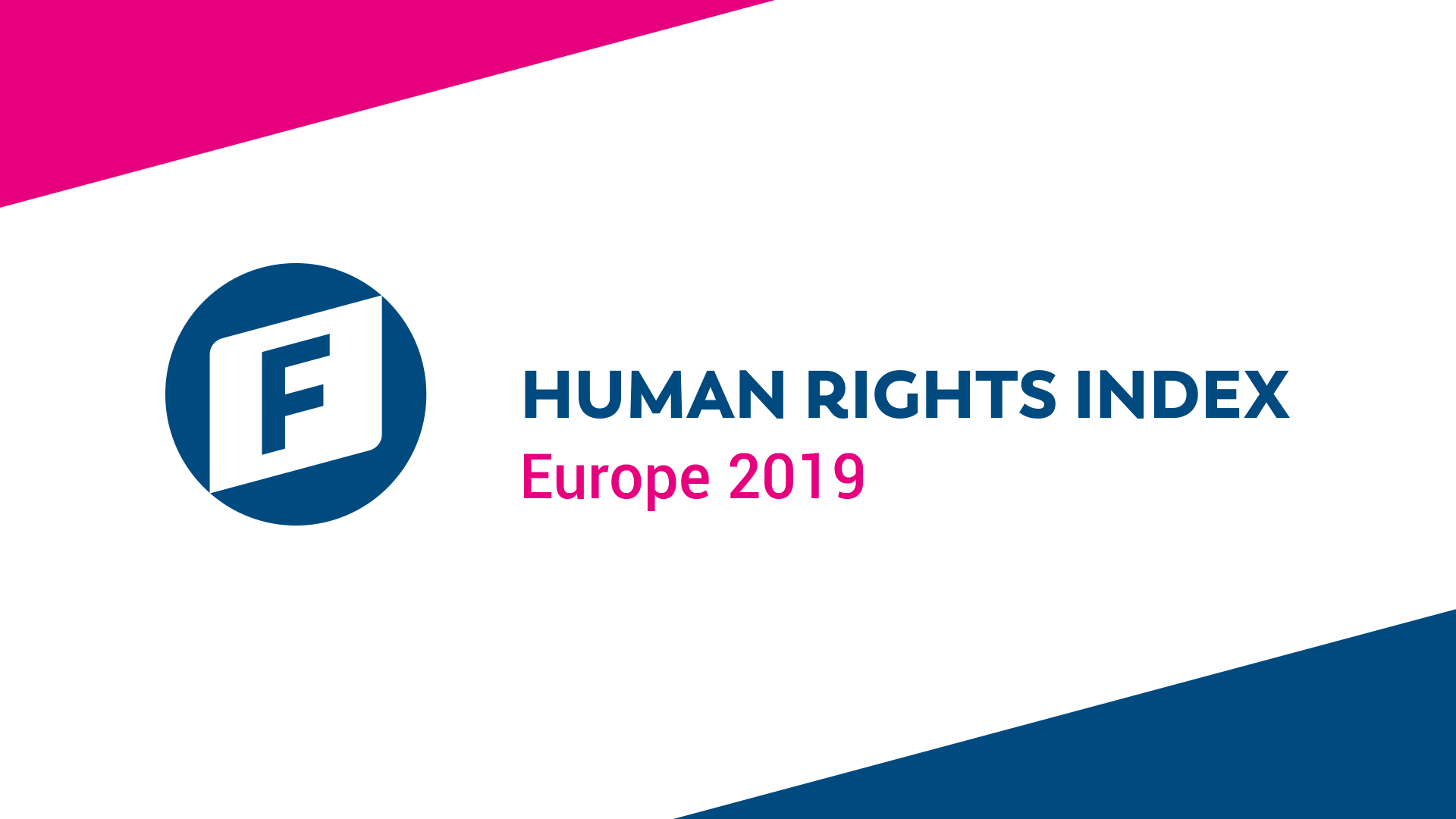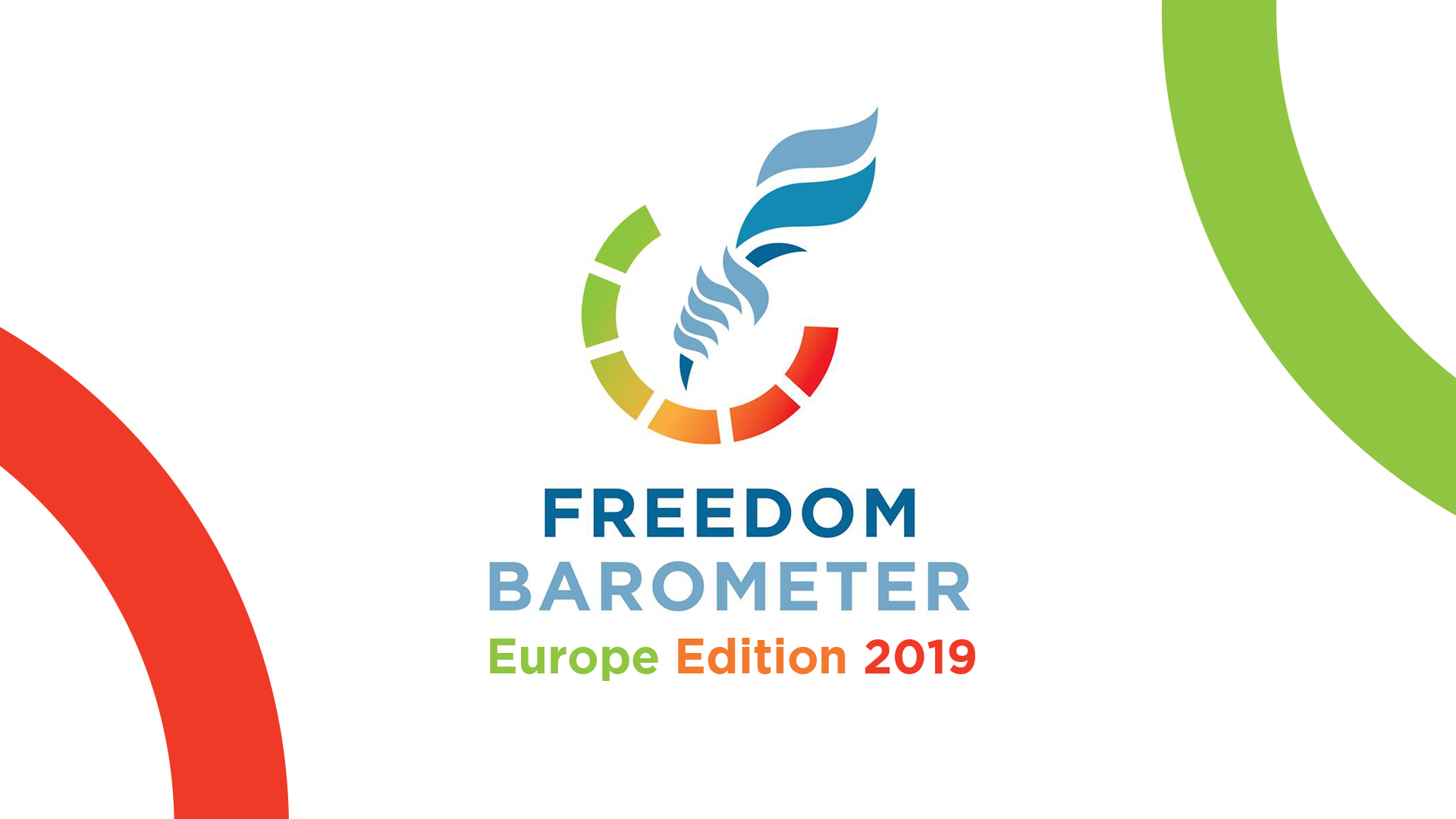The size of government in Tajikistan, taken the total public spending of 32% of GDP in 2017, is considerably smaller as compared to developed European countries, and more adequate for a country on this level of development. This situation leaves room for lower taxes, but also for lower level of government services and lower quality of government administration. High share of the shadow economy basically restricts higher tax receipts. Growth of the economy is robust, due to the rising consumption spurred by an increase in remittances of workers abroad (which represent a third of the economy), mostly from Russia, and rise in exports and capital spending. Government deficit was substantially reduced, reaching -2.4% of GDP in 2017, but the fiscal situation has been deteriorating again due to
Read more







Share data's for this country: